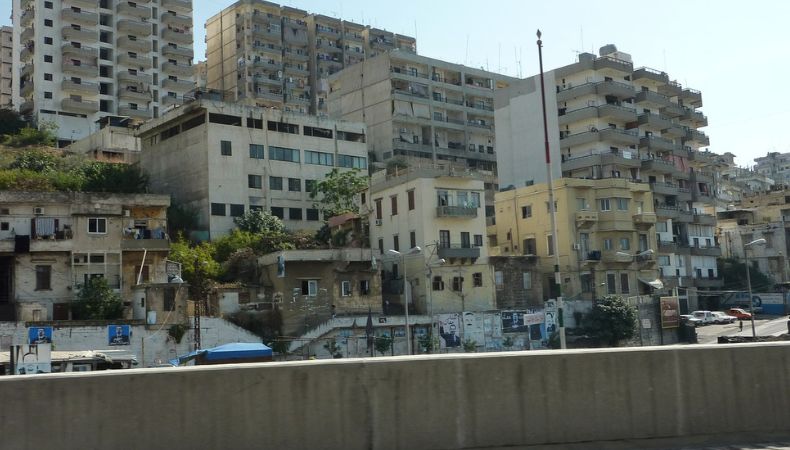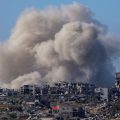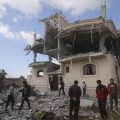Lebanon navigates security and refugee policy amidst political turmoil

The recent killing of Pascale Suleiman, a member of the Lebanese Forces Party, by a gathering of Syrian nationals has brought to light the complex crossing point of security concerns and outcast arrangements in Lebanon. As pressures flare and anti-Syrian opinions rise in the repercussions of the occurrence, the Lebanese government faces mounting weight to address the challenges posed by the convergence of Syrian displaced people and explore the sensitive political scene.
Political Aftermath from Killing
The killing of Pascale Suleiman has resonated all through Lebanon, starting far reaching shock and compounding existing political divisions. Whereas introductory reports proposed that the occurrence was a result of a burglary, Suleiman’s party suspects political thought processes behind the assault. This appalling occasion has reignited partisan pressures and developed the fractures inside the Lebanese party, underscoring the delicacy of the country’s political scene.
Call for displaced person limitations
In reaction to the rising pressures, Lebanon’s caretaker interior minister, Bassam Mawlawi, has called for stricter measures to limit the deluge of Syrian displaced people into the nation. Mawlawi cited an increase in crimes committed by Syrians and emphasized the requirement for Lebanese security powers to uphold laws overseeing uprooted Syrians more thoroughly. With Lebanon facilitating a noteworthy number of Syrian displaced people, estimated to be as high as 2 million, the call for limitations underscores the strain on the nation’s assets and framework.
Heightening Anti-Syrian Assumptions
The repercussions of Suleiman’s killing has seen a surge in anti-Syrian assumptions inside Lebanon, showing acts of savagery and separation against Syrian nationals. Videos portraying Lebanese citizens attacking Syrians on the boulevards and vandalizing vehicles with Syrian permit plates have circulated broadly, reflecting the developing hostility towards Syrian outcasts. These occurrences not to worsen social pressures but to posture critical challenges to Lebanon’s endeavors to preserve social cohesion and steadiness.
Hezbollah’s Inclusion and Refusals
In the midst of the turmoil, allegations have risen ensnaring the Iran-backed Hezbollah group in Suleiman’s killing. Hezbollah’s enemies, counting the Lebanese Forces Party, have blamed the activist organization of inclusion, citing its progressing clashes with the Israeli military and affirmed part in partisan viciousness. Hezbollah leader Hassan Nasrallah has eagerly denied these charges, condemning them as unjustifiable and unsafe. The allegations and denials surrounding Hezbollah’s part in the occurrence emphasize the complexity of Lebanese legislative issues and the challenges confronting the country’s delicate steadiness.
Keep Reading
Tending to Security Concerns and Outcast Approaches
The killing of Pascale Suleiman has brought to the bleeding edge the critical requirement for Lebanon to address both its security concerns and displaced person arrangements. Whereas guaranteeing the security of its citizens remains paramount, Lebanon must maintain its compassionate commitments towards Syrian outcasts escaping struggle and mistreatment. Adjusting these competing interfaces requires a comprehensive approach that addresses the root causes of uncertainty whereas moreover actualizing measures to relieve the effect of the displaced person emergency on Lebanese society.
The repercussions of Pascale Suleiman’s murder highlights the complicated challenges confronting Lebanon as it hooks with security concerns and displaced person approaches. The occurrence underscores the delicacy of Lebanon’s political scene and the need for a nuanced approach to address the complex flow at play. Moving forward, Lebanon must explore these challenges with caution, guaranteeing the security of all its citizens while maintaining its compassionate commitments to Syrian displaced people escaping viciousness and mistreatment.







